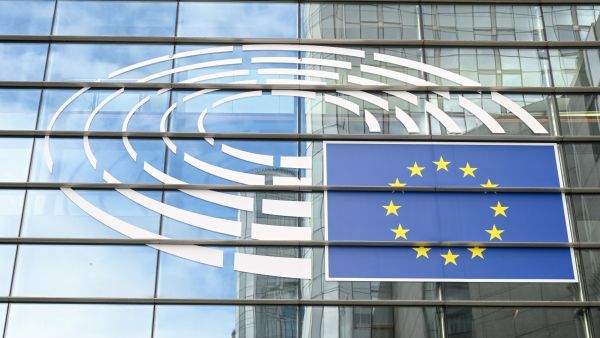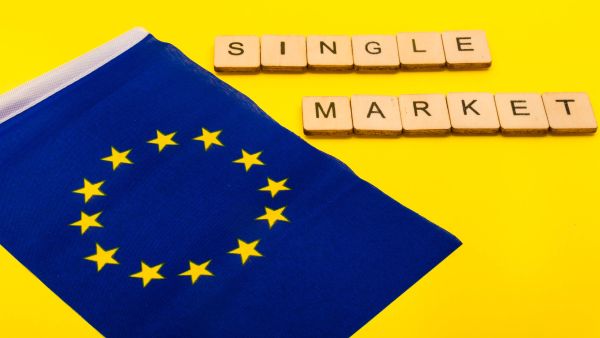The Socialists and Democrats voted today in favour of removing obstacles to the free movement of non-personal data for businesses and public authorities within the EU. The new rules will encourage flexibility in the market of cloud services and enable businesses to choose IT resources, switch between service providers and make full use of cloud services. The Regulation would bring an 18-fold growth of the European data economy, which by 2020 would represent 4% of EU GDP. S&D MEPs underlined that this growth must not ‘sacrifice’ citizens’ personal data.
S&D Group negotiator on free flow of data, Christel Schaldemose MEP, said:
“Today we voted in favour of removing geographical restrictions on data storage in the internal market. This is a major step forward towards tapping into the potential of the European data economy. It will benefit significantly both European consumers and businesses in the coming years, enabling them to compete globally on an equal level playing field.
“However, these benefits must not come at the expense of the European citizens’ personal data. For us Socialists and Democrats, ensuring the protection of personal data and transparency is paramount. To this end, we fought to ensure that the private life and the personal data in electronic communications will be protected. We want consumers and businesses to benefit from a more integrated internal market data where rules are clear, future-proof and net neutral.”
S&D Group spokesperson for the internal market and consumer protection, Nicola Danti, added:
“The Regulation on the free flow of data is a milestone in the Digital Single Market Strategy. It will offer increased competition for cloud services and more choices for consumers who will be able to switch cloud-service-providers more easily.
“In addition to the protection of personal data in line with the General Data Protection Regulation (GDPR), we managed to secure that public authorities will not require the localisation of data processing in their territory. We also achieved that SMEs and start-ups will be involved in the development of the codes of conduct. They will also receive guidance from the European Commission.”
Note to editors:
Non-personal data refers to machine-generated data or commercial data, which are either non-personal in nature or anonymous.
Data localisation restrictions that hamper data mobility take different forms in various sectors.









